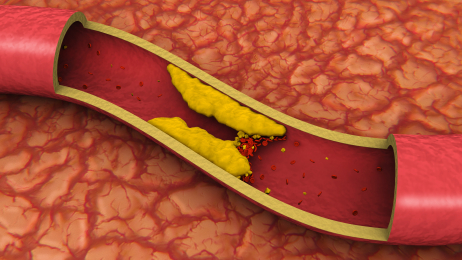According to the Irish Heart Foundation 36% of all deaths - approximately 10,000 per year - and 22% of deaths under the age of 65, in Ireland, are caused by CVD. The largest number of these deaths relate to CHD - mainly heart attack - at 5,000.
Cardiovascular disease (CVD) is a term that describes all the diseases of the heart and circulation and includes coronary heart disease (CHD), also known as ischemic heart disease (IHD), and stroke.

Coronary heart disease (CHD) is a collective name for a number of conditions that result when the arteries that supply the heart muscle with blood become narrowed by a gradual build-up of hardened fatty plaque within their walls. This formation of plaque on the lining of the arteries is known as atherosclerosis and the plaque itself is known as atheroma. Atheroma form when the lining of the blood vessels become damaged (for example, from chemicals in cigarette smoke) and are composed of cholesterol, white blood cells, smooth muscle cells, calcium and platelets. The most common result of CHD is angina and myocardial infarction (heart attack).
